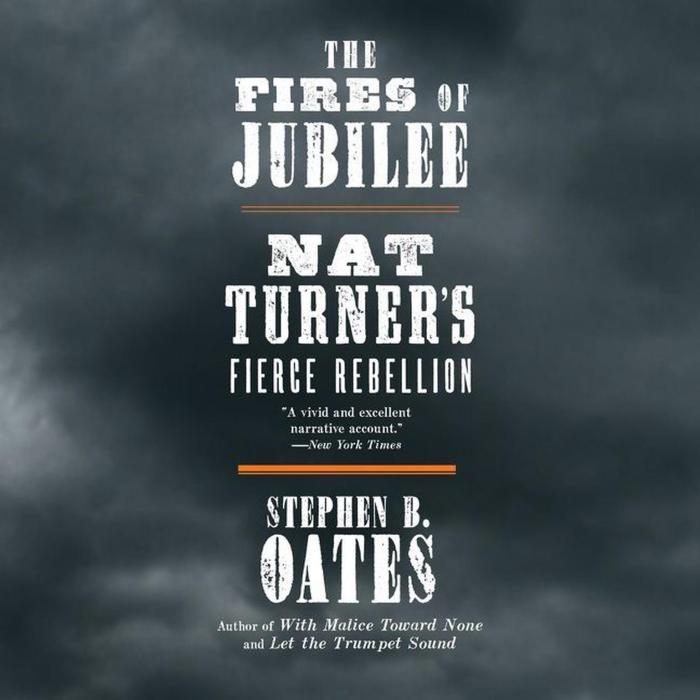The fires of jubilee nat turner’s fierce rebellion – With the Fires of Jubilee: Nat Turner’s Fierce Rebellion as our beacon, we delve into a historical narrative that ignites a flame of intrigue. This rebellion, a pivotal moment in American history, invites us to explore the complexities of slavery, leadership, and the enduring legacy of a man who dared to defy the shackles of oppression.
As we embark on this journey, we will uncover the historical context that fueled Turner’s uprising, delve into his personal motivations and religious beliefs, and trace the rebellion’s course and its profound impact on American society. Along the way, we will encounter strategies and tactics employed by both the rebels and their adversaries, examine the immediate consequences of the rebellion, and grapple with its long-term legacy.
Historical Context

The antebellum South was a breeding ground for tensions and unrest. The institution of slavery, deeply entrenched in the region’s economy and social fabric, created a stark divide between the privileged white planter class and the enslaved African American population.
Harsh conditions, oppressive laws, and the constant threat of violence defined the lives of slaves, fostering a simmering resentment that would eventually erupt into open rebellion.
Conditions of Slavery in the Antebellum South
- Enslaved people were considered property, denied basic rights and freedoms.
- They endured brutal physical and psychological abuse, including whippings, torture, and sexual assault.
- Families were torn apart as slaves were sold and traded like commodities.
- Educational and economic opportunities were severely limited, perpetuating a cycle of poverty and oppression.
Social and Economic Factors Fueling Tensions
- The rapid expansion of the cotton industry increased the demand for slave labor, leading to a surge in the slave trade.
- The rise of the abolitionist movement in the North threatened the economic and social order of the South, fueling fears among white planters.
- Religious fervor and the belief in white supremacy justified the subjugation of African Americans.
Nat Turner’s Leadership and Philosophy: The Fires Of Jubilee Nat Turner’s Fierce Rebellion

Nat Turner, a literate and deeply religious slave, emerged as the charismatic leader of the rebellion. His personal experiences of slavery and his profound belief in the Bible shaped his motivations and actions.
Personal History and Motivations, The fires of jubilee nat turner’s fierce rebellion
- Turner was born into slavery in Southampton County, Virginia, in 1800.
- He exhibited exceptional intelligence and religious devotion from a young age.
- His experiences of witnessing the horrors of slavery and the oppressive treatment of his fellow slaves fueled his anger and desire for freedom.
Religious Beliefs and Prophecies
- Turner believed that he was chosen by God to lead his people out of slavery.
- He experienced visions and heard voices that convinced him of his divine mission.
- His religious fervor and the belief in a higher power inspired and motivated his followers.
Leadership Style and Organization
- Turner was a skilled organizer and strategist.
- He recruited and trained a group of loyal followers, including other enslaved people and free blacks.
- He established a network of secret meeting places and communication channels.
FAQ
What were the key factors that led to Nat Turner’s rebellion?
The rebellion was fueled by a combination of factors, including the harsh conditions of slavery, the growing abolitionist movement, and Turner’s own religious beliefs.
How did Turner organize and lead the rebellion?
Turner used his charisma and religious authority to recruit followers and plan the uprising. He organized a small group of slaves and coordinated their attacks on white settlements.
What were the immediate consequences of the rebellion?
The rebellion resulted in the deaths of dozens of white settlers and the execution of Turner and his followers. It also led to increased repression of slaves and the tightening of slave codes.
